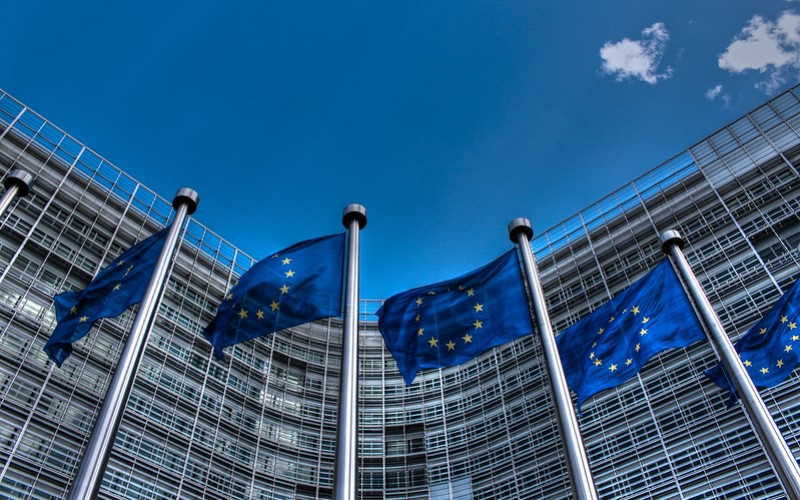Interim Measures in EU Competition Cases: Origins, Evolution, and Implications for Digital Markets
By Despoina (Deni) Mantzari, Associate Professor in Competition Law and Policy at UCL Laws

17 August 2020
Image credit: Thijs ter Haar, CC BY 2.0, via Wikimedia Commons
Publication details
Mantzari, Despoina (2020) ‘Interim Measures in EU Competition Cases: Origins, Evolution, and Implications for Digital Markets’, Journal of European Competition Law & Practice (OUP). Available online at https://academic.oup.com/jeclap/advance-article-abstract/doi/10.1093/jeclap/lpaa045/5893074
Summary
Interim measures are among the most powerful and intrusive enforcement tools that are available to competition authorities in the EU because, pending the outcome of investigations, they can be used to ensure that effective competition is maintained and irreparable damage averted. The article considers the origins and evolution of interim measures in EU Competition Law and reaches some broader conclusions about the future use of this tool, especially in the context of digital markets, which have forced competition authorities to rethink their overall approach to enforcement. It argues that EU Courts have imposed significant constraints on the ability of the Commission to adopt interim relief. The revival, however, of interim measures in Broadcom presents a very good opportunity to review and adjust the requirements arising from past rulings. This is owing to the clear-cut nature of the alleged infringements which allow the Commission to more easily meet the evidentiary requirements of the test. But novel theories of harm that characterise competition law enforcement in digital markets may hamper the employment of this tool in the future. Thus, there is an increased possibility of the Commission continuing to rely on Article 9 commitment decisionsin such cases, if the Court is not presented with an opportunity to relax its restrictive precedent.
 Close
Close

